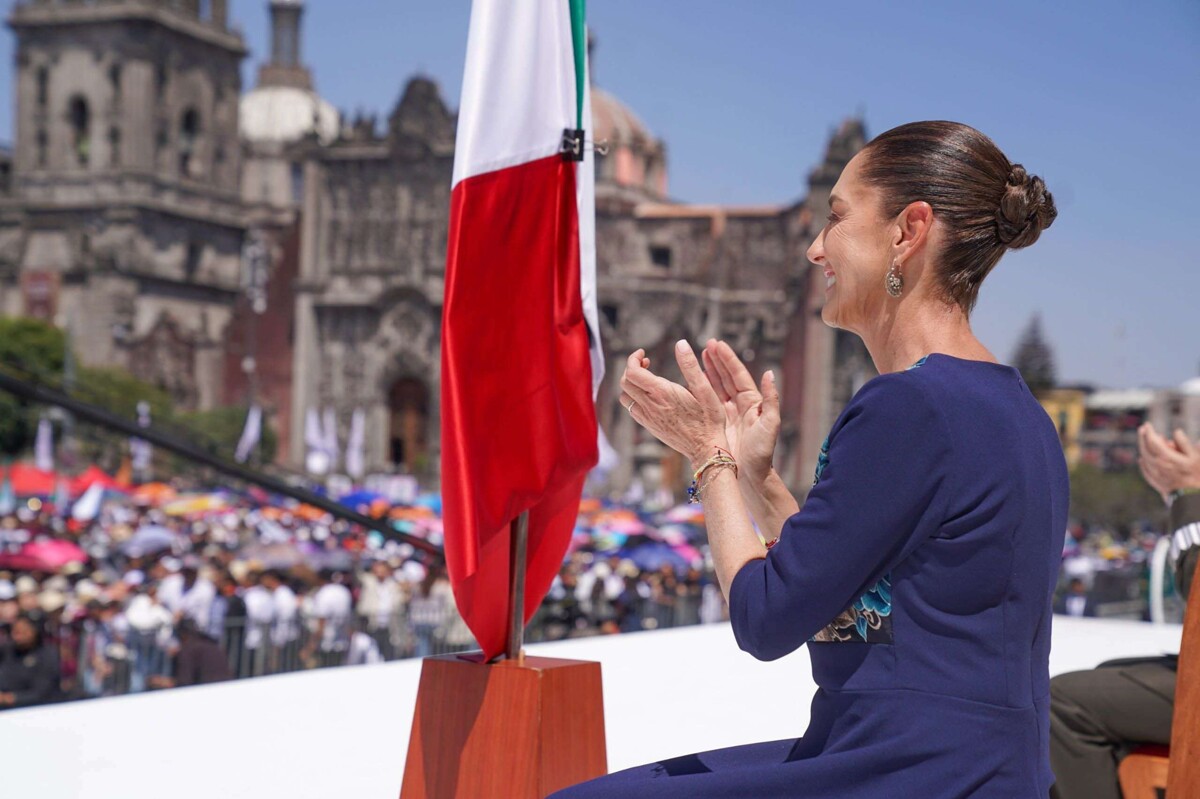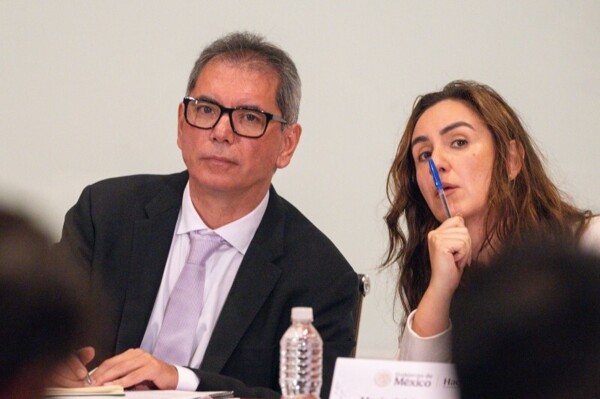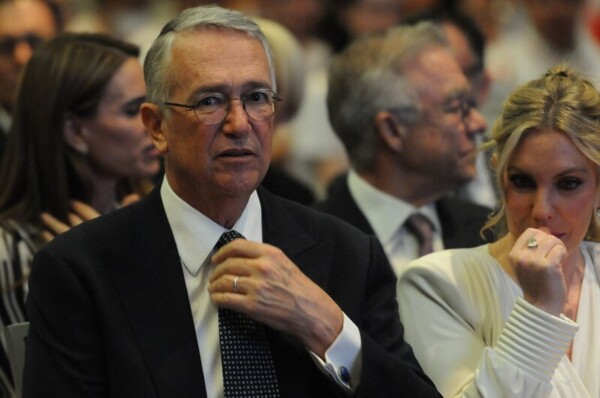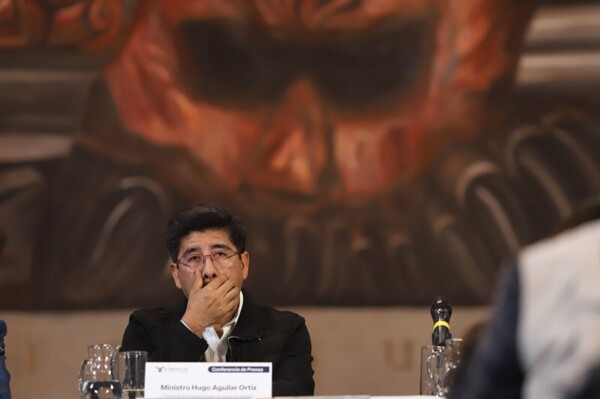
Plan C grants the president total discretion in regulating economic sectors, as well as a specific responsibility in productive fields. The reforms proposed by AMLO have been approved, and we are now immersed in a restructuring of institutions that is expected to be highly effective in fostering investment.
In the second term of AMLO's government, which is forecasted to focus on economic issues, President Claudia Sheinbaum seems to have not changed her government approach, despite the arrival of Donald Trump and his legislative majorities. This has led to the Mexican economy beginning to weaken before Trump returns to the White House on January 20.
It is crucial for the president to design a Plan D that allows her to chart her own course in the economy, instead of following a plan that was inherited. So far, Sheinbaum has not shown signs of adjusting her course to the negative economic signals. Uncertainty has become a predominant factor with Trump's recent reelection, affecting the Mexican economy and creating a climate of instability regarding the USMCA.
In this scenario, it is urgent for the government to initiate actions to boost investment, rather than focusing on political events or complex judicial processes. The president seems trapped in a pre-established program, showing inflexibility towards the current economic challenges.
Claudia Sheinbaum began her term with an agenda that was imposed on her before the 2024 presidential campaign, raising questions about her ability to adapt to the changing economic needs of the country.














